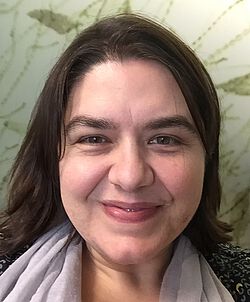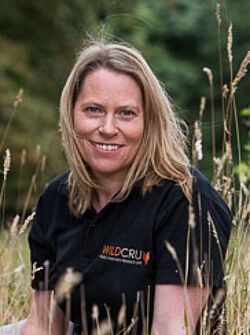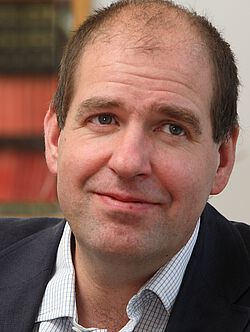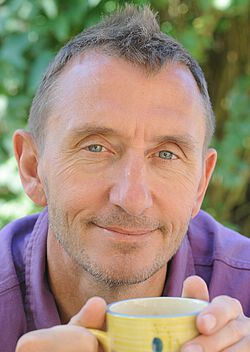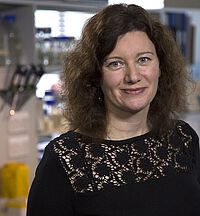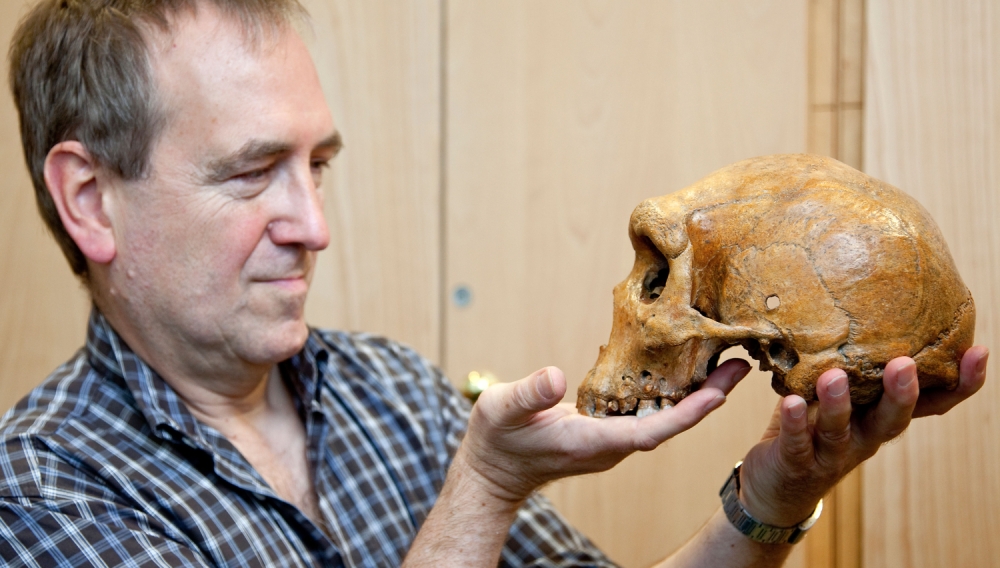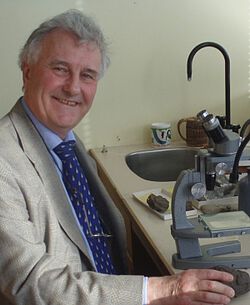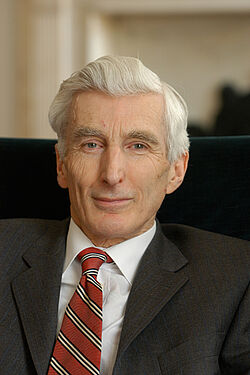Hoboken Lecture speakers
Kate Jones (2023)
Kate Jones, Professor of Ecology and Biodiversity at University College London, is an ecologist whose research investigates the interface of ecological and human health, with a particular focus on how global change drives emerging infectious diseases. Kate's work has also generated better tools for monitoring the status of wildlife populations, developing some of the first applied artificial intelligence tools for monitoring ecosystems, and further understanding how citizen science data can be used to understand biodiversity trends. Kate is the Director of The People and Nature Lab at UCL’s new cross-disciplinary campus in London’s Queen Elizabeth Olympic Park (UCL East). She has written over 100 articles and book chapters in prestigious journals, is a UK government scientific advisor, chaired The Bat Conservation Trust for five years, and served as an expert advisor to the UK’s Climate Change Committee. Kate won the Leverhulme Prize for outstanding contributions to Zoology in 2008, and in 2022 won both ZSL’s Marsh Award for Conservation Biology and British Ecology Society’s Marsh Award for Ecology.
Amy Dickman (2019)
Dr. Amy Dickman is the Kaplan Senior Research Fellow in Wild Cat Conservation at Oxford University’s Wildlife Conservation Research Unit (WildCRU). She has worked in Africa for over 20 years specialising in human-carnivore conflict and community-based conservation. Working at the Cheetah Conservation Fund in Namibia until 2005, she then moved to Tanzania where she studied for her MSc and PhD, establishing the Ruaha Carnivore Project in 2009. She is a member of the IUCN Cat Specialist Group, the IUCN Steering Committee on Human-Wildlife Conflict, the African Lion Working Group and is a National Geographic Explorer. Amy has published over 60 papers and book chapters on large carnivore ecology and conservation and received multiple awards for her work.
Charles Foster (2018)
Charles Foster is a Fellow of Green Templeton College, University of Oxford, and Visiting Professor at the Oxford Faculty of Law. He graduated in law and veterinary medicine at the University of Cambridge, and received his PhD in Medical Law and Ethics at Cambridge. As a barrister, he has been involved in many of the most influential cases in medical law in recent years, including the assisted suicide litigation in the House of Lords and the Supreme Court. Much of his life has been spent on expeditions: he has run a 150-mile race in the Sahara, skied to the North Pole, and suffered injuries in many desolate and beautiful landscapes. He has written on travel, evolutionary biology, natural history, anthropology and philosophy, and lives in Oxford with a large, anarchic family.
The book that resulted from his experiment (‘Being a Beast’ [’Leven als een beest’]) is a New York Times Bestseller, won an Ig Nobel Prize, and is the subject of a forthcoming feature film from Sovereign Films.
Pictures of the 8th Hoboken Lecture by Charles Foster are here.
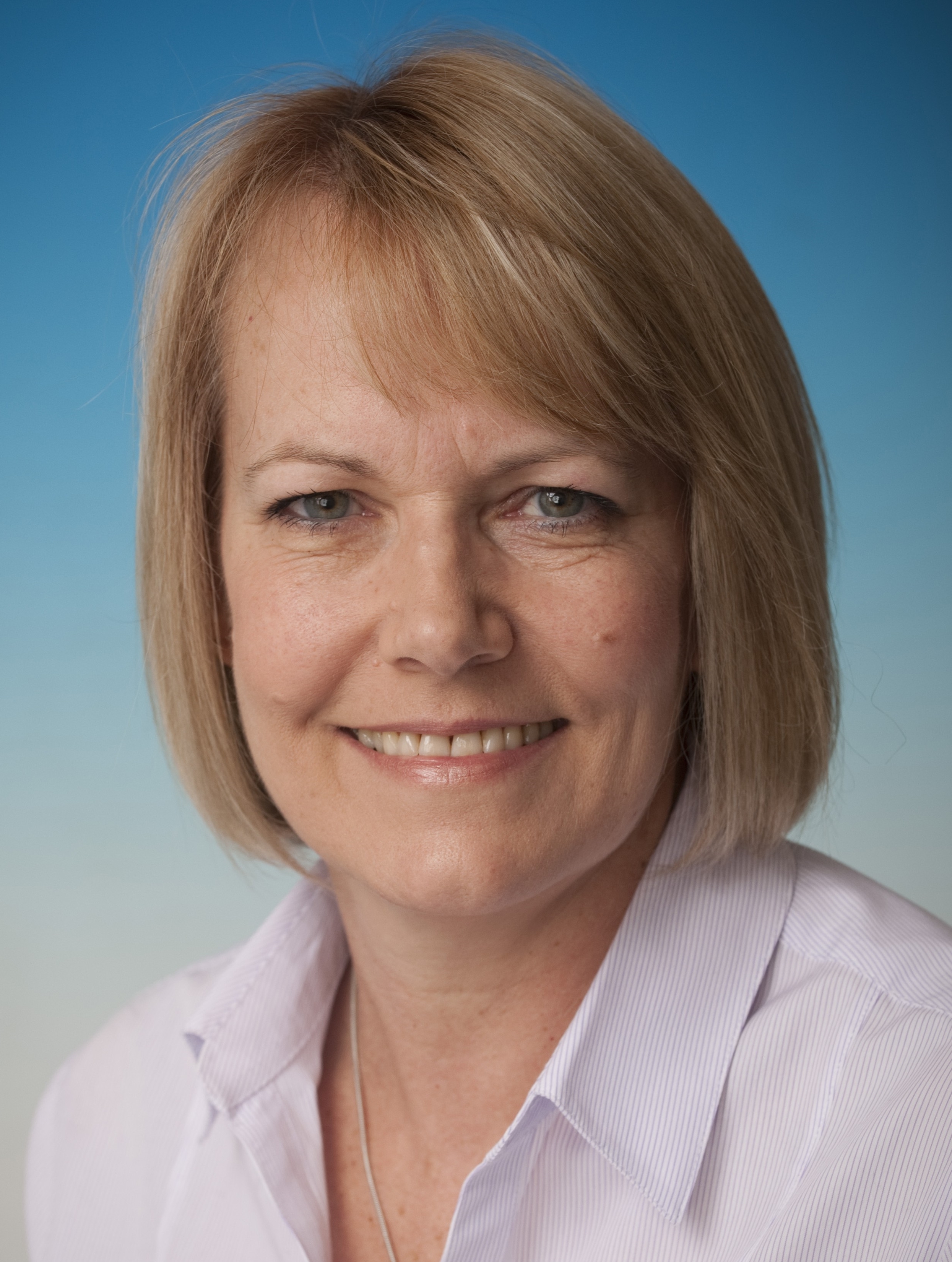
Jane Francis (2017)
Professor Dame Jane Francis is Director of the British Antarctic Survey, based in Cambridge. A geologist by training from the University of Southampton, she was a NERC Postdoctoral Fellow in London, palaeobotanist at the British Antarctic Survey, Australian Research Fellow at the University of Adelaide, a Royal Society Leverhulme Trust Senior Research Fellow, and Professor of Palaeoclimatology at the University of Leeds, where she was also Dean of the Faculty of Environment. Her research interests include ancient climates and fossil plants from polar regions.
Jane Francis was awarded the Polar Medal for her contribution to British polar research and was appointed as Dame Commander of the Order of St Michael and St George for services to UK polar science and diplomacy.
Here is a photographic report of the 2017 Hoboken Lecture.
Dave Goulson (2016)
Professor Dave Goulson was brought up in rural Shropshire, where he developed an early obsession with wildlife. He received his bachelor’s degree in biology from Oxford University, followed by a doctorate on butterfly ecology at Oxford Brookes University. Subsequently, he lectured in biology for 11 years at the University of Southampton, and it was here that he began to study bumblebees in earnest. He moved to Stirling University in 2006, and then to Sussex in 2013.
He has published more than 250 scientific articles on the ecology and conservation of bumblebees and other insects. He is the author of Bumblebees; Their Behaviour, Ecology and Conservation, published in 2010 by Oxford University Press, and of the Sunday Times bestseller A Sting in the Tale, a popular science book about bumble bees, published in 2013 by Jonathan Cape, and now translated into German, Dutch, Swedish, Korean, Norwegian, Polish, Chinese and Danish. This was followed by A Buzz in the Meadow in 2014.
Turi King (2015)
Dr Turi King read Archaeology and Anthropology at the University of Cambridge and it was here that she became interested in how genetics could be used to answer questions in history and archaeology. She realised that in order to work effectively at the nexus of these disciplines, she would need to undertake a molecular genetics degree and gained an MSc with Distinction in Molecular Genetics at the University of Leicester. She remained at the University to undertake her very successful PhD research project on a Wellcome Trust Prize Studentship examining the link between British hereditary surnames and the Y chromosome. Her post-doctoral work has involved examining the genetic legacy of the Vikings in the north of England. She is perhaps best known for leading the DNA analysis in the King Richard III case, which was the subject of her Hoboken Lecture.
Dr. King is now Lecturer in Genetics and Archaeology at the Department of Genetics of the University of Leicester. She (co)authored three books ['Viking DNA: The Wirral and West Lancashire Project' (2010), 'Surnames, DNA and Family History' (2011), 'What can Genetics Tell us about Vikings in the Wirral and West Lancashire?'(2014)] and a long list of scientific publications.
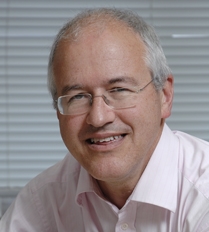
Michael Benton (2014)
Michael J. Benton (1956) studied zoology at the University of Aberdeen and he earned his PhD in 19981 at the University of Newcastle-upon-Tyne. He works at the University of Bristol, School of Earth Sciences, since 1989, where he became Professor of Vertebrate Palaeontology in 1997. He was elected Fellow of the Royal Society in 2014.
Michael Benton has made fundamental contributions to understanding the history of life, particularly biodiversity fluctuations through time. He has led in integrating data from living and fossil organisms to generate phylogenies – solutions to the question of how major groups originated and diversified through time. This approach has revolutionised our understanding of major questions, including the relative roles of intrinsic and extrinsic factors on the history of life, whether diversity reaches saturation, the significance of mass extinctions, and how major clades radiate. His research projects now focus on the end-Permian mass extinction, the greatest mass extinction of all time, and especially its effects on terrestrial organisms. This involves fieldwork in Russia and China. Professor Benton also works on large-scale aspects of dating the tree of life, the use of phylogenetic means to assess the quality of the rock and fossil records, and studying macroevolution using comparative phylogenetics approaches.
Chris Stringer (2013)
Professor Chris Stringer (1947) has worked at The Natural History Museum London since 1973, and is now Research Leader in Human Origins and a Fellow of the Royal Society. His early research was on the relationship of Neanderthals and early modern humans in Europe, but through his work on the Recent African Origin model for modern human origins, he now collaborates with archaeologists, dating specialists and geneticists in attempting to reconstruct the evolution of modern humans globally. He has excavated at sites in Britain and abroad, and is currently leading the Ancient Human Occupation of Britain project in its third phase (AHOB3), funded by the Leverhulme Trust. He has published over 200 scientific papers, and his recent books include Homo britannicus (2006), The Complete World of Human Evolution (2011, with Peter Andrews), and The Origin of Our Species, that was translated into Dutch as Overlevers (2012).
Richard Fortey (2012)
Professor Richard Fortey (1946) was educated at Cambridge University. He is a palaeontologist, and one of the world authorities on trilobites - extinct arthropods that were one of the dominant life forms in the Palaeozoic Era. For most of his working life he was employed in the Natural History Museum in London. Concerning trilobites and Ordovician geology he has published several hundred scientific papers, and in recognition of his scientific work he has received the Lyell Medal of the Geological Society of London and several other distinctions.
Richard Fortey was elected to the Royal Society in 1997, and Visiting Professor in Palaeobiology at Oxford University in 2001. He is known equally for his science writing, which marries personal observation and poetic prose with the latest scientific research. Of his six books, Life: an unauthorised biography (1996) has been translated into twelve languages and cited as one of the Books of the Year by the New York Times. For his work in popularising science Richard Fortey has been given Honorary Fellowship of the British Association for the Advancement of Science (2009).
Martin Rees (2011)
The first Hoboken Lecture was given on March 9th 2011 by the cosmologist and astrophysicist Lord Martin Rees, baron of Ludlow. Professor Rees has spent most of his working life as a university professor, his research interests being in astronomy and space science. He has lectured, written and broadcast extensively on these subjects, and has written several books for a general readership, including 'Before the Beginning', 'Just Six Numbers', 'Our Cosmic Habitat' and (forthcoming) 'What we still don't know'. He was Master of Trinity College at Cambridge University, the Astronomer Royal, and a Visiting Professor at Imperial College London and at Leicester University.
Outside his academic work, he was on the Board of Trustees of the Science Museum (London) and the Institute for Public Policy Research, and has served on many bodies connected with space exploration, international science and global problems such as energy, food supplies, and climate change. In 2005 he was appointed to the House of Lords, and he was President of the Royal Society for the period 2005-2010.

